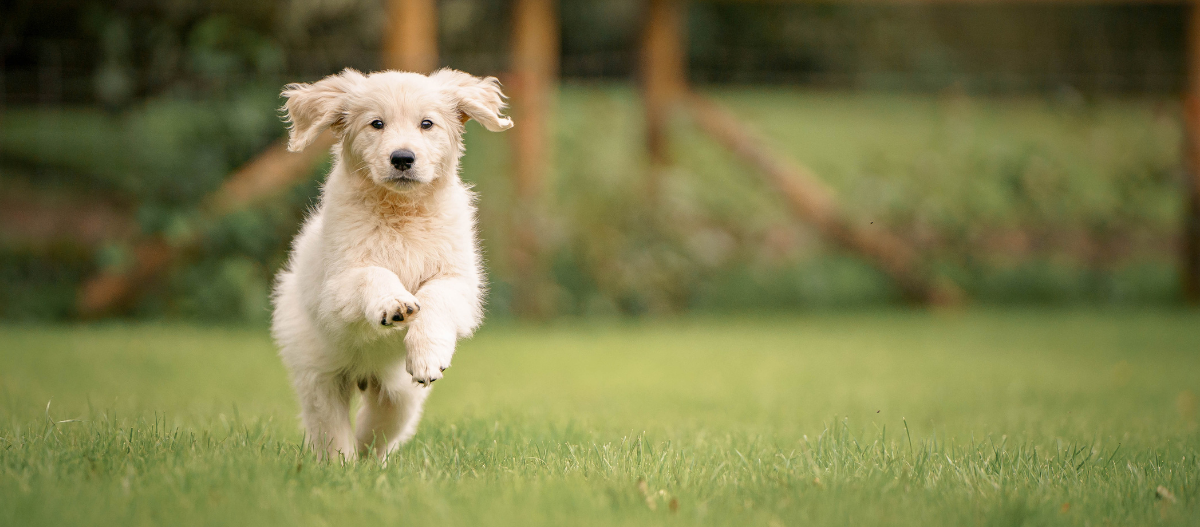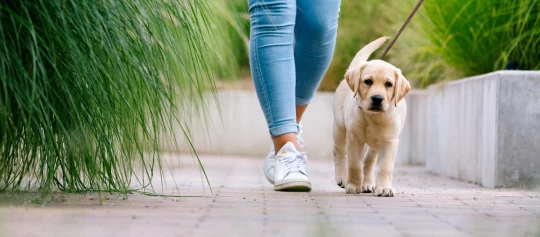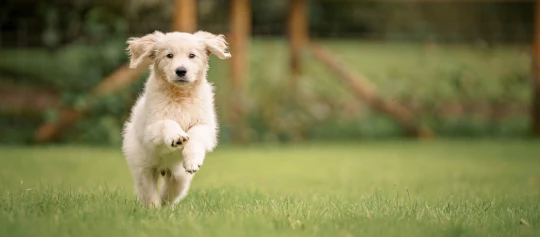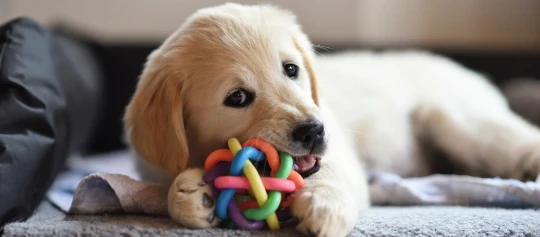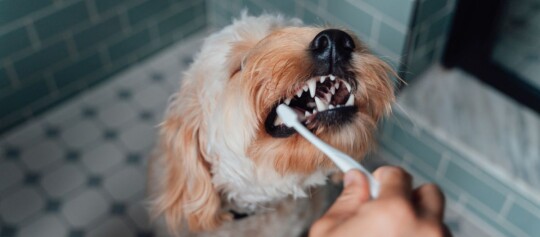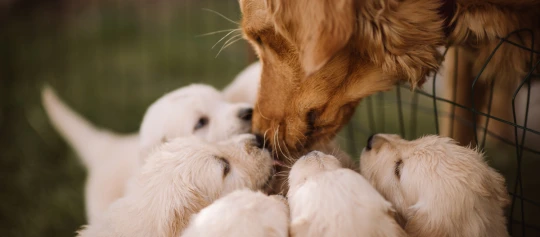Hurray, your puppy is here!
Nurture and training: Become a dream team
The aim is that your puppy should develop into a happy and well-integrated member of the family. By teaching it the correct way to behave and through regular training, this can be achieved in a playful way.

Why is teaching your puppy how to behave and providing customised training so important?
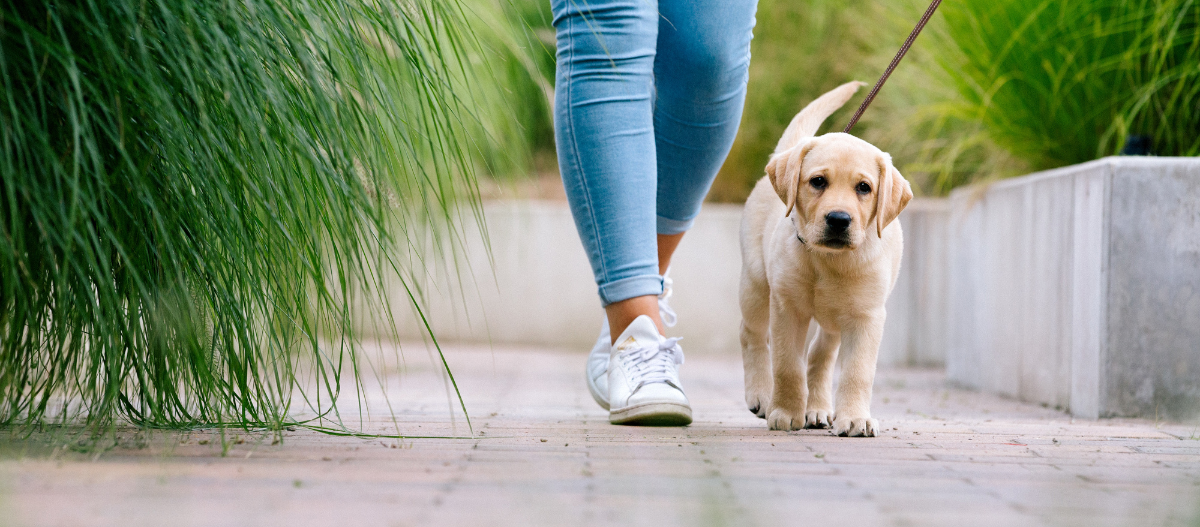
Through well-directed training your pet learns what is expected of it, how to behave appropriately and how to cope in its surroundings. Through nurture and training, you can foster a positive human-dog relationship which is based on trust, respect and clear communication.
A well-trained puppy...
- … will live with you harmoniously.
- … is more socially integrated.
- … feels safe.
- … is happier!
By investing in your puppy’s training right from the start, you contribute in building a fulfilling and happy life together. You can also get professional support for this!
The fundamentals of puppy training

Proper training is a true game-changer when it comes to living with dogs. If you are familiar with the most important elements and apply these consistently, training a puppy can be relatively easy.
Positive reinforcement v punishment
Use positive reinforcement in order to encourage the desired behaviour in your puppy. Reward it with praise, treats or strokes when it does something right. In this way, you will motivate it to repeat the behaviour. If something doesn’t work, you should not punish your puppy, but rather point out its boundaries in a clear and friendly way.
Body language and voice during training
Consciously use your body language to send clear signals to your puppy. Ensure you adopt a stance which is as relaxed, upright and confident as possible whilst using clear and friendly voice commands. Your puppy will learn to interpret your body language and voice and to react correspondingly.
Patience and consistency in training
Your puppy is still young and is getting to know the world around it. Give it sufficient time to understand and internalise which types of behaviour are desirable. Be persistent and consistent in your training. Use clear commands and stick to fixed rules so that you don’t confuse your puppy.
How to train from day one
The most common questions on puppy training put to vets (FAQs)
